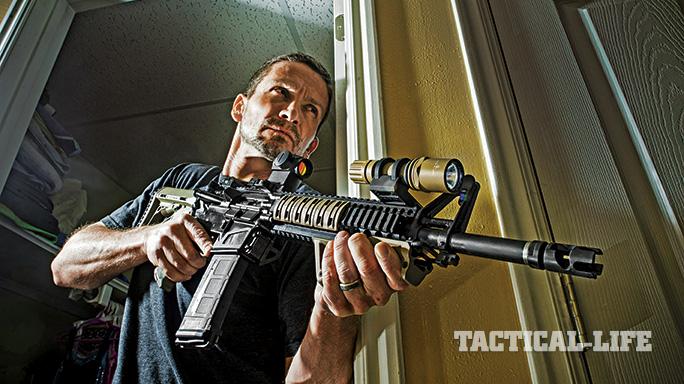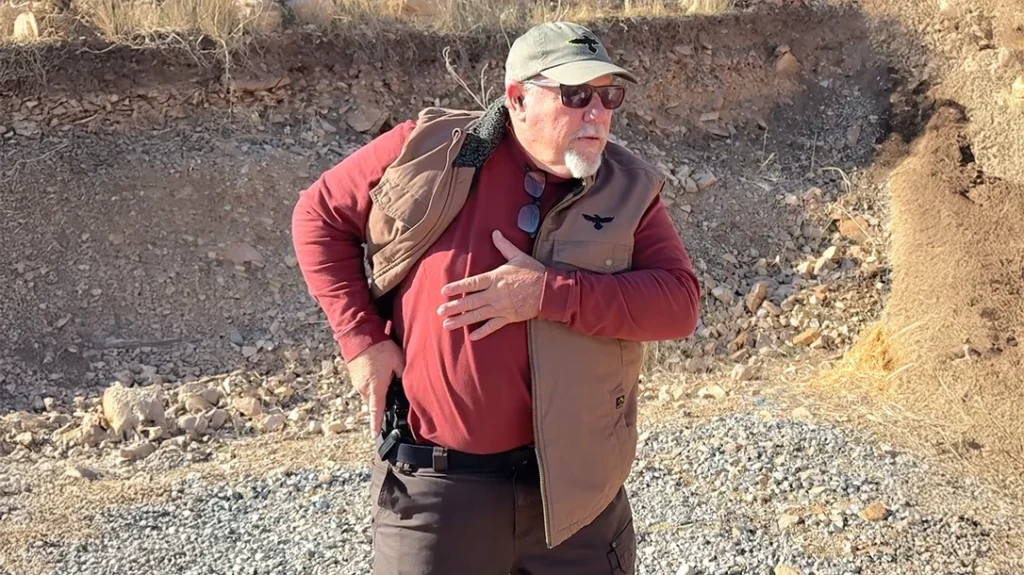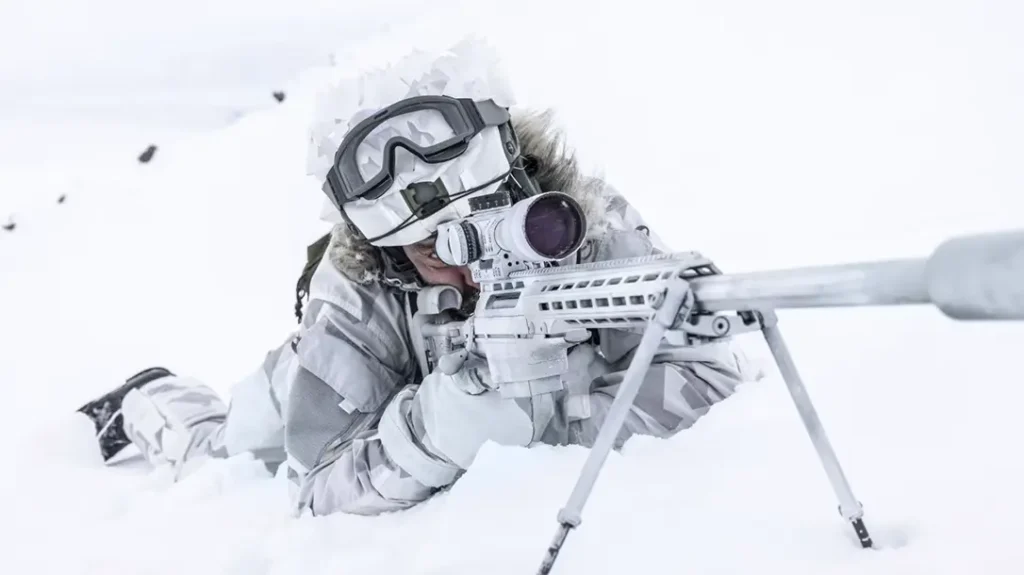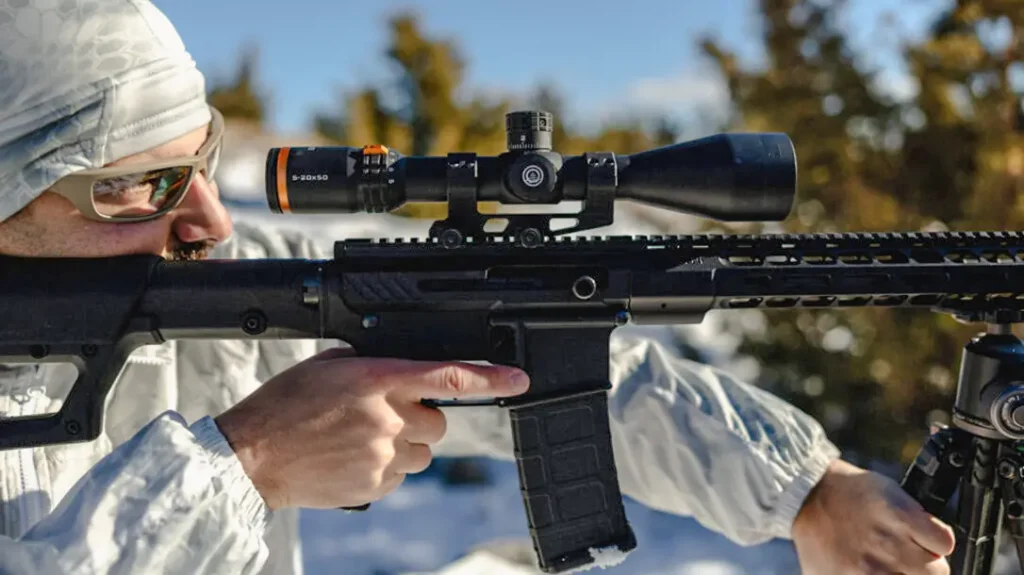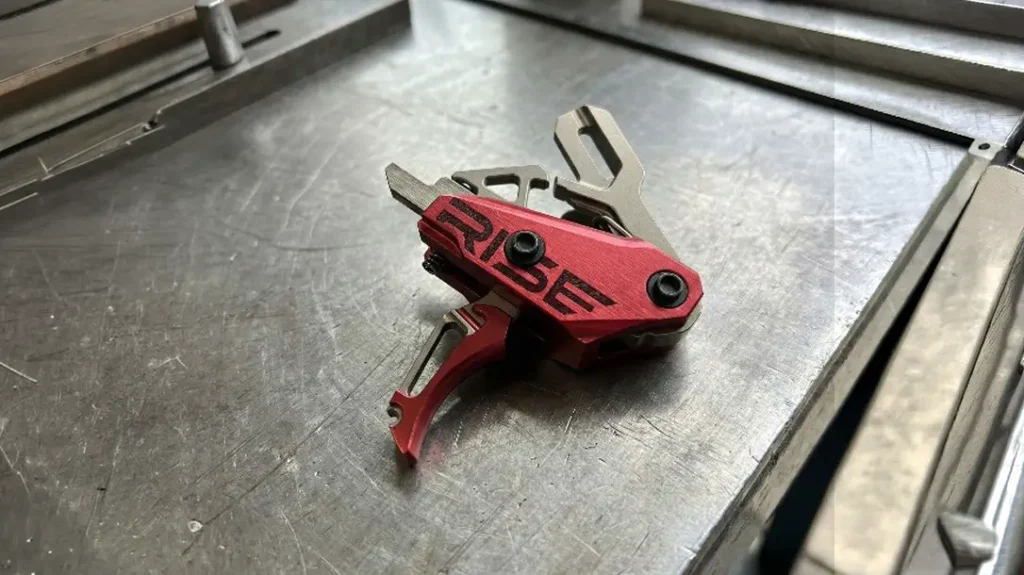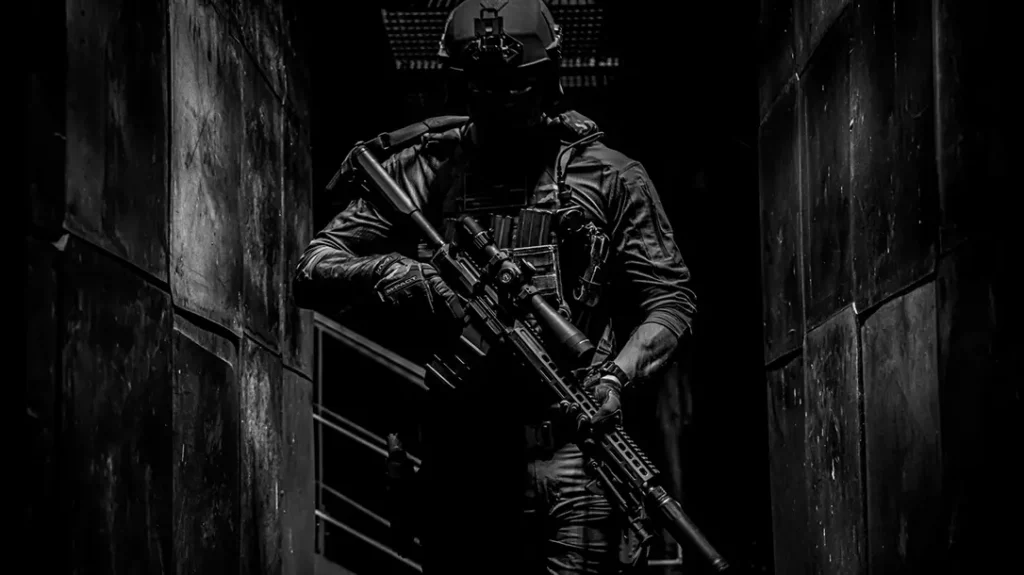We may not be able to plan for everything that is uncertain in life, but we are capable of increasing our levels of awareness and preparedness. Economic collapse, storms of biblical proportions, and zombie attacks are not as likely as unfortunate events that happen in our day-to-day existence. There are simple steps we can take to assist us in being prepared for power blackouts, home invasion, and attacks on the street from random dirtbags. — Pat McNamara
After a 22-year career in U.S. Army Special Operations both in the Cold War and the War on Terror, retired Sergeant Major Pat McNamara distills his lifetime of experience in personal security and preparedness into Sentinel: Become the Agent in Charge of Your Own Protection Detail. McNamara’s 145-page book is not a collection of techniques and high-speed how-to’s, but a concise overview of the basics every operator, LEO and, more importantly, civilians can apply to their daily routines.
- RELATED: Northern Red’s Opposition-Based Training
- RELATED: Inside Jordan’s King Abdullah II Special Operations Training Center
McNamara begins Sentinel with a humble confession: He’s no longer a high-speed operator executing secret missions for the government. He’s a dad, a civilian and someone more frequently tasked with making PB&Js for his kids than hatching plans to take down terrorists. But this is the essence of Sentinel—applying the fundamental lessons from a lifetime of high-risk operations to the ordinary routines of daily life where the threats, while less frequent, can bring about outcomes no less tragic. With a nod towards the realistic and practical, McNamara makes his case for being one’s own sentinel, and it begins with mindset.
Advertisement — Continue Reading Below
“I am the protector and the protectee. I have a wife and children. It is my responsibility to protect them,” said McNamara in his book. “I am not a bodyguard. I am my family’s Batman. I am the shepherd of my flock. I am Sentinel.”
McNamara translates this role into ways the average person can—through learning positive, habit-forming and ongoing awareness—increase one’s family safety and decrease the likelihood of a hostile event or unnecessary suffering from unpredictable environmental changes. But to McNamara, this starts with the mind and, by extension, preparing for the prioritized threats a family could face.
Sentinel is organized largely in a case-study format. McNamara describes situations and scenarios he’s experienced. Most are beyond what the average person would ever see, but they illustrate the importance of planning and practice. For example, in his chapter on vehicle preparation, he begins by describing his work in the former Eastern Bloc. The stakes were higher, but the lessons for setting up a vehicle and considerations for travel remain the same: Maintain your equipment, know your route and conditions, and know your threats and potential choke points. In civilian terms, Stasi officers and Soviet check points become icy bridges, parking lots and street intersections. McNamara covers several realistic scenarios in basic and common-sense ways worth contemplating.
Advertisement — Continue Reading Below
The Combat Chassis
McNamara is a believer in staying physically prepared to adapt to the challenges that life might throw one’s way. Not everyone has the time to train, nor is everyone equipped with the physical gifts to perform like a Tier 1 operator, but McNamara’s core view on training is straightforward.
“When it comes to teaching and learning, I believe without attitude, aptitude and desire there lives a fault line where information meets its boundary.” In other words, a student has to want to learn and be willing to train, gain and hone skills. To this end, McNamara focuses on performance rather than outcome. He makes this distinction by noting, “We cannot control outcomes, but we can control performance. Performance is measured by doing what you can with what you have. When you are focused on the outcome, your performance will be sabotaged because you are not absorbed in the process. The probability of achieving the outcome you desire will increase once you let go of the need to have it.” The void typically filled by easy and quantifiable outcome scoring is replaced by the less measurable self-critique and a focus on the learning process. As a concept, performance is more elusive and intellectually challenging, but it is ultimately more adaptable and offers a higher yield in the long run.
Advertisement — Continue Reading Below
Within the performance-oriented mindset, McNamara covers shooting, physical training and the development of an enhanced situational awareness. In the chapter “Hunt It, Kill It, Eat It,” McNamara colorfully uses this primal analogy to reinforce the concept of humans as intuitive beings capable of combining the five senses into a cultivated “sixth sense” that can collect and process information in a rapid and non-linear way.
“Try to see things in full spectrum. Perform a focal shift in your everyday life. Look around. Slow down before you park and take a look at the other vehicles in your proximity. It is okay. You were born to do this. A successful assault happens with surprise, speed and violence of action. We
can mitigate the surprise by being tuned in or situationally aware. If we take the element of surprise away from a predator, he or she will fear reprisal and forgo the attack. It is a simple tactic. Action versus reaction. If you are aware, you are acting. If you are switched off and have no situational awareness, you are one step behind and will at some point in time fall into a predator’s
web and be caught reacting.”
Advertisement — Continue Reading Below
Maintain Your Fortress
McNamara devotes the final third of Sentinel to practical approaches around securing and fortifying one’s home. From first aid to provisioning, McNamara covers the basics every person should contemplate and ultimately adapt to his or her personal situation. He also covers procedures to contemplate when planning for or dealing with a home invasion. He ends one chapter with the short but profound thought: “Don’t ever count on being ready! Think ahead!”
Ultimately, Sentinel provides the reader concerned with personal and family safety a first step—a first step toward learning, self-evaluation and the application of sound fundamentals in our ever-changing world. It’s well worth the time and money as a read, and a potential lifesaver, in the information it contains.
Advertisement — Continue Reading Below
To learn more about Pat McNamara and his training, visit tmacsinc.com.
This article is from the spring 2015 issue of Personal & Home Defense. To read more and subscribe, please visit PersonalDefenseWorld.com.
